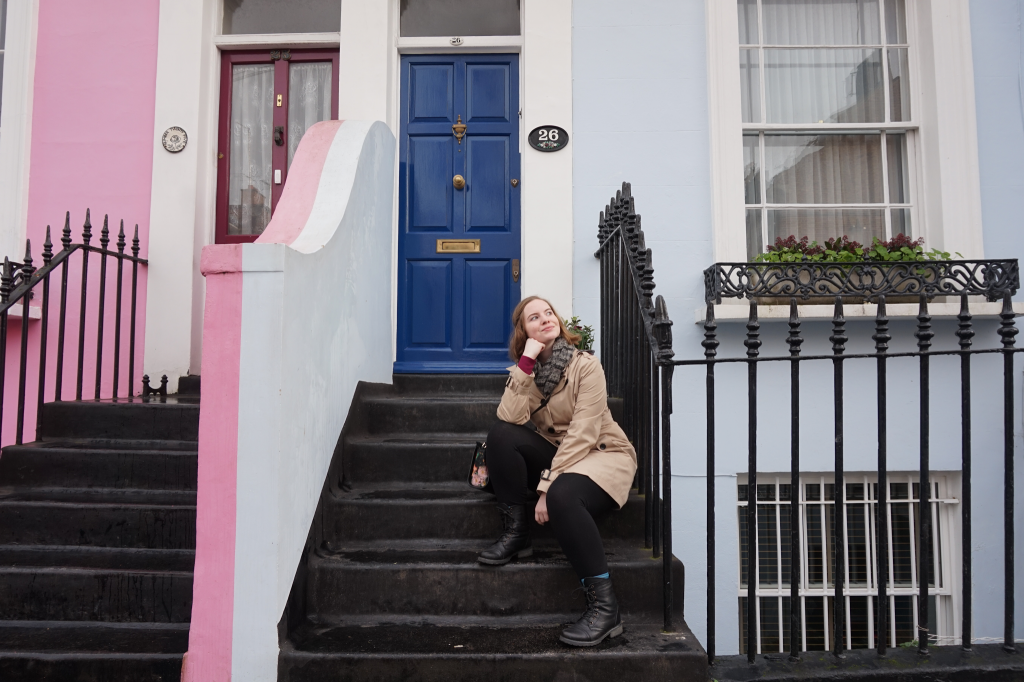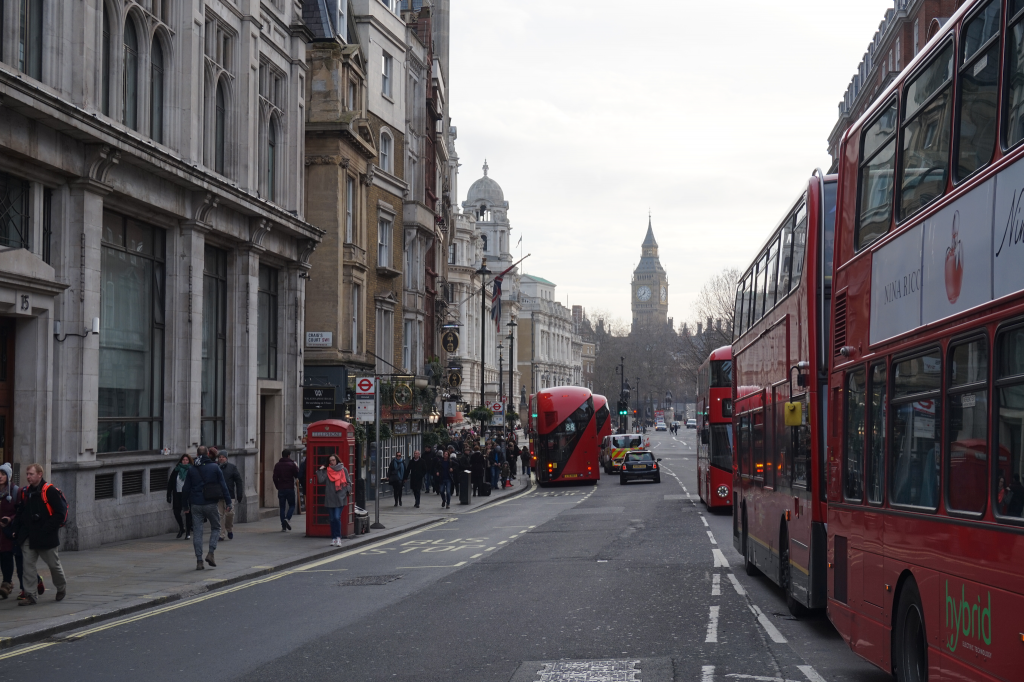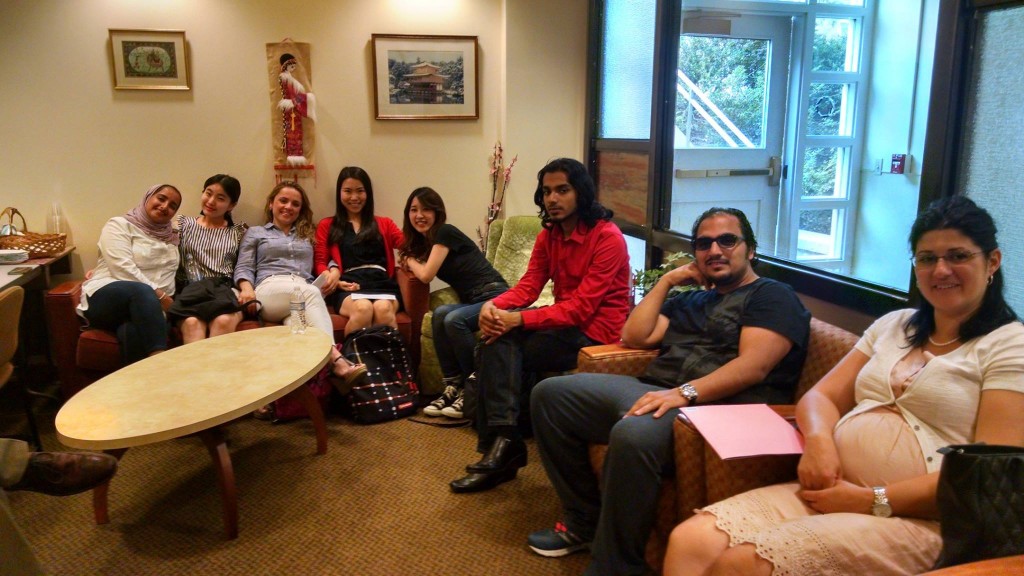By Sarah Bangley, Chatham Undergraduate Student, ELP Intern
In the spring of 2016, Allison Albitz (‘17) studied abroad at Goldsmiths University, located in London. I sat down with her to talk about some of her experiences while in the UK.
SB: What did you enjoy the most?
AA: Being in the city was the thing I enjoyed the most. The whole geography of London is mapped into zones. One is the center of the city; we were in zone two, in Lewisham. I loved exploring and being able to go from quiet to bustling and back again.
SB: Did you travel anywhere while in Europe?
AA: I actually got to take a few trips. I took a tour to Stonehenge and stopped in Bath along the way— they had incredible Roman baths. I took a tour group trip to Ireland and visited Dublin and Galway. It was good and bad— I didn’t enjoy being in a group. I wish I could have just done it with friends, but I did get to see more of Ireland than I would have on my own. Our trip to Scotland was my favorite! We got to explore castles. That was one of the benefits of being in London: being able to travel to all of these places fairly inexpensively.
SB: What kind of classes did you take at Goldsmiths?
AA: I only took 4 classes while I was there. The Art of the Novel was a great lecture course in which we studied various novels, and it felt a lot like a class at Chatham. Modern American Lit was another English course, and I had a very interesting perspective to bring. It was more discussion-based, and I had a great time hearing about the impact American literature from an international perspective.
I took a course called London Theatre, which was made for study abroad students. Each week we saw a production at a different theatre in London, and it was a great opportunity to not only see various productions, but also experience different areas of the city. Finally, I took a class called Urban London in which we travelled to different parts of the city and learned about the histories of various areas. That too gave me the opportunity to go to places I wouldn’t have sought out on my own.
SB: What do you miss?
AA: The candy— that was one thing, especially with brands you can’t get here. I wanted to try as many authentically British things that I could. Anything Cadbury was always my favorite. I loved Wagonwheels— candy made with marshmallow and chocolate and cookie with jam in the middle— they blew my mind! Less specifically, I miss the free access to museums— my friends and I went to museums every weekend. I feel like that educated me a lot.
SB: What large-scale challenges did you face?
AA: I think I dealt with a lot of homesickness that I wasn’t expecting. I live in Dallas, so I already went to school far from home. I remember missing familiar amenities like grocery stores. Especially in the middle of it, two months in, it really hit.
SB: What small-scale challenges did you not expect?
AA: I think navigation was something that was definitely a learning curve as getting lost is not my favorite thing! I had to get more comfortable with getting lost since I was traveling so much. Also money— trying to figure out pounds (and pence!)
SB: What was the take-away from your experience?
AA: I generally learned a lot more just by being there than I did in the classroom— just a sense of self-sufficiency. I found myself very confident that I could go to an unfamiliar city, make friends, and navigate, just in the few months that I was there.
SB: What words of advice would you give to a student considering the study abroad program?
AA: Do it! I was terrified before I went. I was very anxious about the prospect of not knowing anyone in my program, but I ended up having experiences I never expected and made great friends. Don’t let fear stop you!
Use the resources that the University gives over there, because they’ll provide you with opportunities like trips and mixers that you wouldn’t get otherwise. Do the touristy things you want to do, but branch out and explore as well! We went to the big restaurants and museums, but we also went to the tiny restaurants nearby. And make sure you take a good camera!





